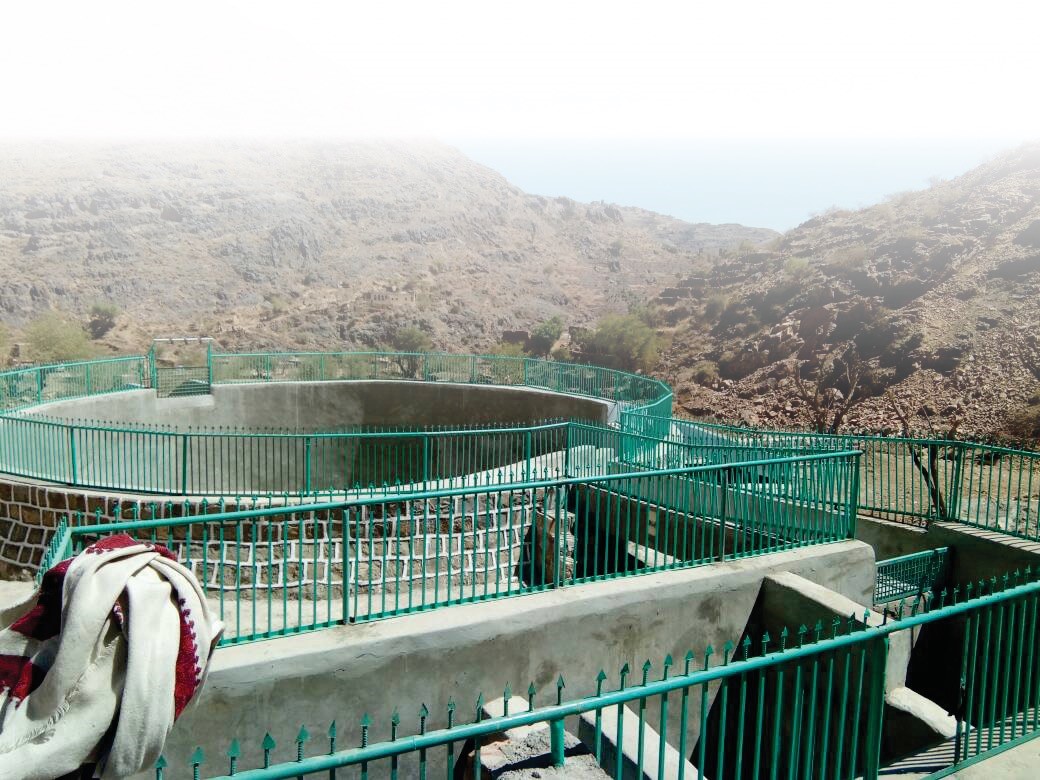The residents of the village of Talibah, in the District of Hisoon in Khawlan, Governorate of Sana’a, have been suffering from lack of clean water and scarcity of water resources. The return of many families who used to live in urban areas, such as Sana’a and Amran exacerbated the problem - and demands for the already scarce water doubled.
The only available source of water to the village is a privately owned artesian well located 3 kilometers down below the village. The well pumps water intermittently for limited number of hours to serve the needs of the well owner. This makes the tasks of women, children, and animals in fetching water harder. Sometimes an entire day is wasted and a distant of 3 kilometers has to be traveled by foot under the mercilessly scorching sun.
Fights and Tensions:
The Sharia Trustee of the village of Talibah, Ali Abdullah al-Faqih said: “The area is already resource deprived, and the return of many families who used to live in the urban areas exacerbated the problem. Now, everyone goes to the well down below the village because there are no other alternatives - or the alternative is prohibitively expensive. The situation caused a lot of tensions and problems between the residents whose quarrels, at times, turn into fights - especially among the children. The tensions caused by children fighting escalates into problems between heads of households and we see this every day as a result of the water shortage problem.”
Problem Solved by the Reservoir
“The intervention by the PWP, which built a rainwater harvesting reservoir, within the YECRP - which is funded by the World Bank and Administered by the UNDP - has addressed the problem by making water available ending tensions between the villagers and restoring good relations”, said Mahyoub al-Barash, one of the beneficiaries of the sub-project.
Women Benefit the Most
Following the implementation of the rainwater harvesting sub-project, women and children of Talibah village can no rest easy, said Moqbel Yehiya al-Jawdah. Today, they don’t need to travel 3 kilometers by foot to fetch water for domestic use. The rainwater harvesting reservoir is very close to the village and is full with clean water fit for domestic use. The water is readily available and everyone has access to it within few minutes, not a full day - as it used to be, he added.




